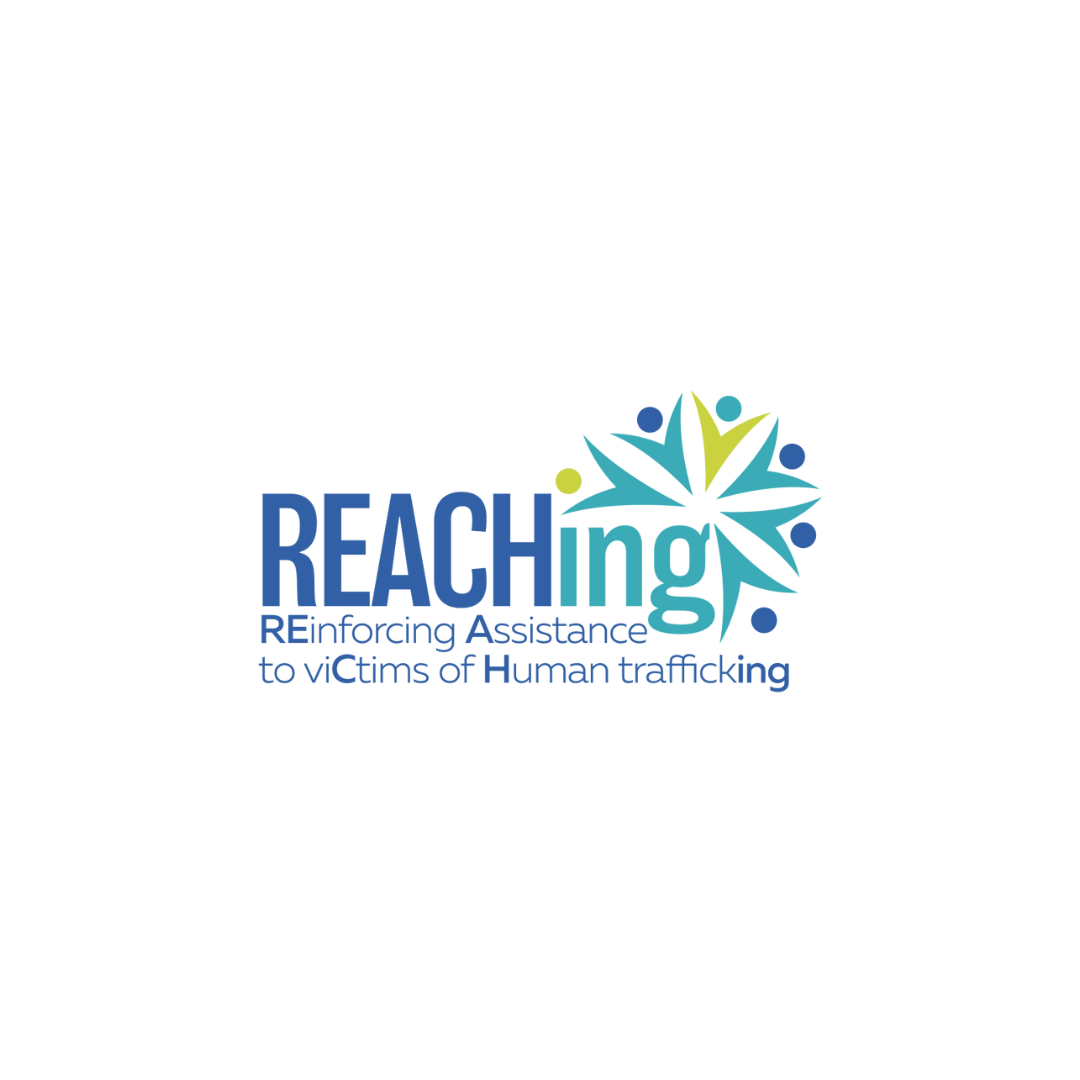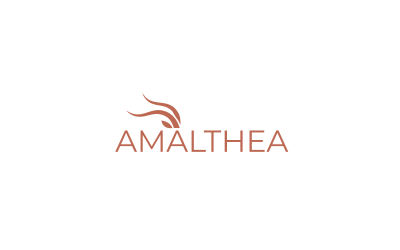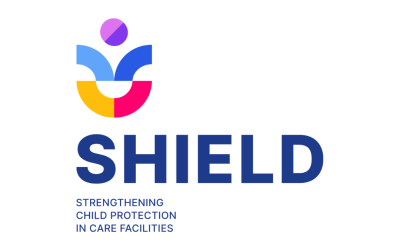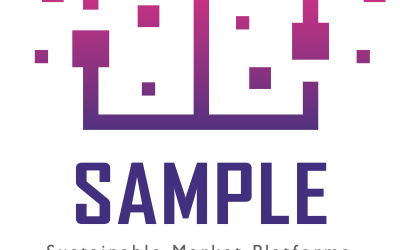Mobile expert teams and capacity-building actions to improve identification, assistance, and protection of human trafficking victims across European asylum and integration systems.
Context
Human trafficking remains one of the most serious violations of human rights in Europe, affecting thousands of individuals every year, particularly vulnerable groups such as migrants, asylum seekers, and unaccompanied minors. Despite comprehensive European legal frameworks and national strategies aimed at preventing trafficking and protecting victims, many challenges persist at the practical and operational levels. In particular, frontline workers operating in reception centers, shelters, and integration services often face difficulties in identifying victims of trafficking, providing appropriate support, and ensuring effective referrals to specialized services.
This gap is partly due to the fragmentation of anti-trafficking responses across different countries, varying national protection systems, and limited cooperation between actors involved in victim assistance, law enforcement, social services, and legal support. Moreover, the complexity of trafficking networks and the clandestine nature of the crime make early detection difficult, leading to underreporting and insufficient protection for victims.
REACHing was conceived to address these pressing needs by reinforcing national mobile teams composed of social workers, legal experts, and cultural mediators operating in France, Italy, and Greece. These teams are designed to be flexible, mobile units capable of reaching diverse locations — including reception centers, accommodation facilities, health centers, and community settings — where victims and at-risk individuals reside or seek help. Their mission is to support frontline workers through direct interventions, technical assistance, capacity building, and dissemination of tailored information materials, thus improving the quality and consistency of victim identification and care.
In a context where human trafficking is evolving with new modus operandi and increasing challenges, REACHing represents an innovative and practical response, strengthening the frontline capacity and fostering cooperation to ensure that victims receive timely, effective, and compassionate support across Europe.
Objectives
- To provide direct support to practitioners on THB, asylum and protection system through mobile teams composed of expert social workers specialized in human trafficking (THB) identification and victim support.
- To provide direct assistance to victims in the asylum procedure and the integration process through mobile teams.
- To reinforce the cooperation and the coordination with institutional actors at local, regional, and national level on asylum and THB.
- To facilitate European cooperation and knowledge exchange among European partners Niger, a country of transit relevant in migration routes, with the aim to increase identification and support actions and skills for victims of THB.
- To raise public awareness on THB and humanize the trafficking issue among the general public.
Activities
- Establish and deploy mobile teams of expert social workers specialized in human trafficking to provide direct support to victims and capacity building for practitioners in relevant settings.
- Conduct multi-day field interventions in partner countries, including monitoring of cases, dissemination of informative and educational materials, targeted capacity-building sessions, and tailored assistance for identified victims.
- Organize study visits in Italy and France involving key civil society actors from Niger – a crucial transit country for migrants vulnerable to human trafficking – aimed to share knowledge, best practices, and strengthen cooperation between European and Nigerien organizations to protect people on the move from trafficking risks.
- Facilitate the drafting and signing of a Memorandum of Understanding between participating civil society organizations to formalize collaborative efforts and establish a coordinated, all-route approach to prevent and combat THB.
- Launch and maintain a comprehensive awareness campaign on social media platforms, posting regular content using gender-sensitive and inclusive language aimed at survivors, potential victims, social workers, and the broader public, including sharing survivor testimonies.
Resources
- Common framework, outlining operational needs, good practices, information-sharing protocols, and monitoring tools to ensure coordinated, effective, and consistent support by the mobile teams across countries;
- Lessons Learned, summarizing effective and ineffective practices, actionable recommendations, and feedback from Nigerien stakeholders on the mobile teams’ approach;
- Final report and recommendations and minutes of the final conferences.
Impact
- Created 3 specialized mobile expert teams across Italy, France, and Greece, enhancing the skills of over 150 social workers through targeted training, mentoring, and knowledge exchange.
- Engaged at least 5.000 beneficiaries, including survivors and potential victims of trafficking, frontline operators, and key stakeholders — with around 2.000 people supported in France, 2.000 in Greece, and 1000 in Italy.
- Improved the quality and effectiveness of services in asylum seeker and refugee centers, registration platforms, and integration programs, ensuring better access to protection and support for victims.
- Increased knowledge and cooperation among key actors in Italy, France, Greece, and Niger on THB and asylum, fostering an all-route approach and more coordinated responses.
- Raised awareness among victims, potential victims, social workers, and communities, using gender-sensitive and inclusive communication to promote prevention and resilience.
Partners
- FORUM REFUGIES – Forum (France, coordinator),
- CESIE ENTE DEL TERZO SETTORE – CESIE ETS (Italy),
- FONDAZIONE INTERNATIONAL RESCUE COMMITTEE ITALIA ETS – IRC Italy (Italy),
- ELLINIKO SYMBOULIO GIA TOYS PROSFYGES – GCR (Greece),
- Mission interministérielle pour la protection des femmes contre les violences et la lutte contre la traite des êtres humains – MIPROF (France),
- UNIVERSITE CLERMONT AUVERGNE – UNI CLERMONT (France).










